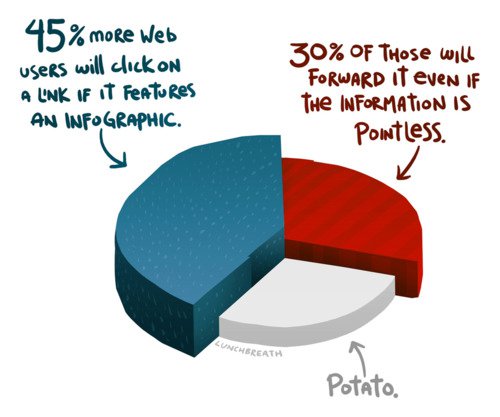Selling Google +1 SEO Spam Already?!
Even before Google+ really kicks off, spammy sites are already looking to manipulate whatever influence +1's have on a site's rankings by selling them by the hundreds. Can the system be gamed so easily?
The idea is sound enough. Google allows users to click a “+1” button in their search results (and on participating websites) if a user likes the link. Then, people can see who and how many people like a particular website. The thought being that you might find a recommendation from a friend more influential than a link from an expert stranger (like a movie critic).
However, even before Google+ really kicks off, spammy sites are already looking to manipulate whatever influence +1’s have on a site’s rankings by selling them by the hundreds.
Can the +1 system be gamed so easily? The spammy site pitch is simple and goes like this…
For sale: 50 Google +1 clicks, $19.99 or 250 Google +1’s for $69.99, or 2,000 for $359.99 (currently unavailable due to high demand!), all from phone verified Google real people (no bots!) from different IPs, drip-fed over a couple of days. Totally untraceable!
 Consider this, Google didn’t go to all the trouble of building this solution without thinking people wouldn’t immediately try to game the system. Regardless, whether it is a +1, a Facebook Like or a Twitter retweet, it has more impact on traffic from friendships or working relationships than organic SEO and page rank.
Consider this, Google didn’t go to all the trouble of building this solution without thinking people wouldn’t immediately try to game the system. Regardless, whether it is a +1, a Facebook Like or a Twitter retweet, it has more impact on traffic from friendships or working relationships than organic SEO and page rank.
People will always try to game the system, especially when there’s so much at stake. But like tax evasion, it always catches up with you eventually.
Get the Email
Join 1000+ other subscribers. Only 1 digest email per month. We'll never share your address. Unsubscribe anytime. It won't hurt our feelings (much).
Discussion
Comments are now closed.